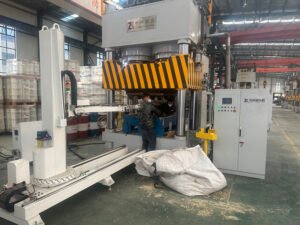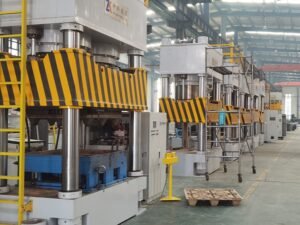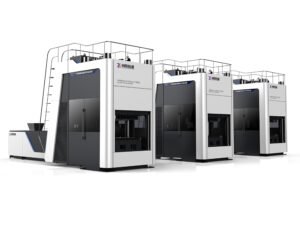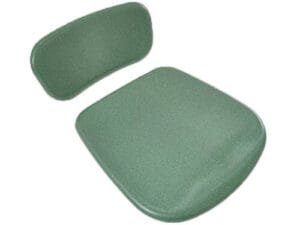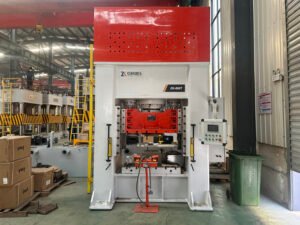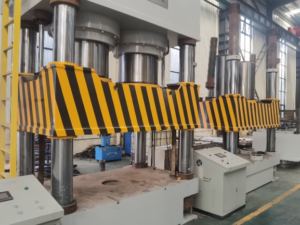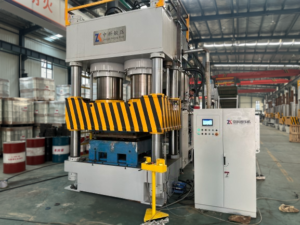In the logistics and supply chain industry, the choice of pallets plays a pivotal role in operational efficiency and cost management. Two primary options are traditional wooden pallets and molded (presswood) pallets. This article delves into a comprehensive cost analysis to determine which option offers greater economic advantages.
Initial Acquisition Costs
Traditional wooden pallets are typically constructed from lumber and assembled with nails or staples. Their initial cost varies based on wood quality and design but generally ranges between $9 to $12 per pallet. In contrast, molded presswood pallets, made from recycled wood fibers and synthetic resins, have a comparable or slightly higher upfront cost. However, their benefits often outweigh the initial investment.
Durability and Longevity
Molded pallets are renowned for their durability. Their one-piece design, free from nails or staples, minimizes the risk of breakage. Additionally, they are resistant to moisture and pests, extending their lifespan. Traditional wooden pallets, while sturdy, are susceptible to damage from moisture, pests, and general wear and tear, leading to more frequent replacements.
Space Efficiency and Storage Costs
One of the standout features of molded pallets is their nestable design. This allows for efficient stacking, saving up to 70% in storage space. For instance, 55 molded pallets can be stacked to a height of approximately 2.2 meters, whereas the same number of traditional wooden pallets would reach about 7 meters. This space-saving attribute translates to reduced storage costs and more efficient transportation.
Compliance and Treatment Costs
Export regulations often require wooden pallets to undergo fumigation or heat treatment to prevent pest transmission, incurring additional costs and time delays. Molded pallets, produced under high temperature and pressure, comply with ISPM 15 standards without the need for further treatment, streamlining the export process. citeturn0search3
Environmental Impact and Sustainability
Molded pallets are manufactured using recycled wood materials, promoting sustainability and reducing environmental impact. Their production process consumes less energy compared to traditional wooden pallets, aligning with eco-friendly initiatives. citeturn0search3
Weight and Handling
Weighing 60% less than conventional hardwood pallets, molded pallets offer easier handling and can lead to reduced shipping costs due to their lighter weight.
Conclusion
While traditional wooden pallets may have a lower initial cost, molded presswood pallets offer significant advantages in durability, space efficiency, compliance ease, environmental sustainability, and handling. These factors contribute to long-term cost savings and operational efficiencies, making molded pallets a cost-effective alternative.
For businesses seeking reliable molded pallet solutions, industry leaders like PalletsBiz and PresswoodMachine offer innovative products that align with sustainable practices and cost-efficiency goals.

